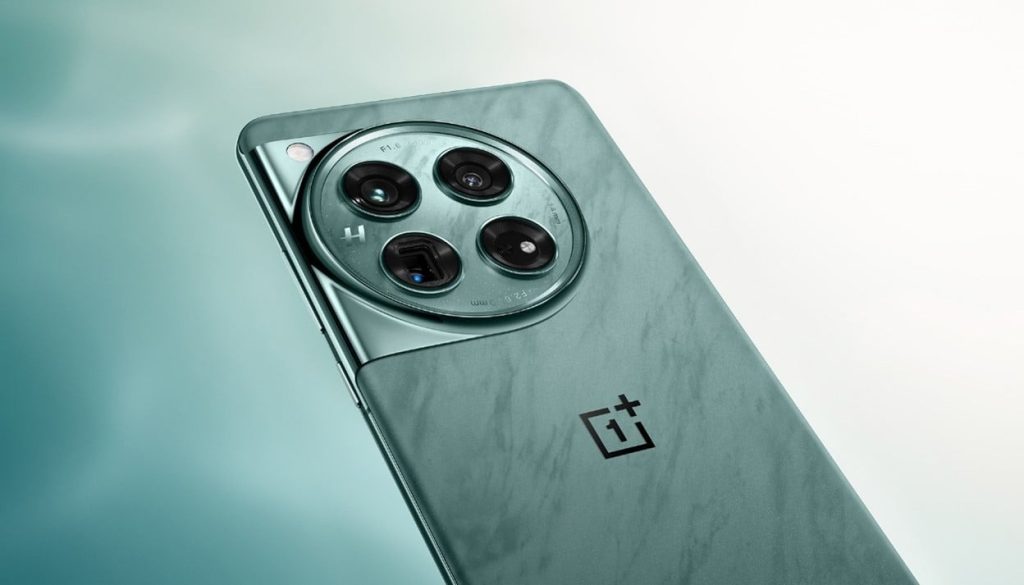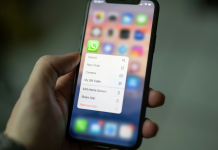Tech companies often grab headlines for legal disputes. For example is Apple, which recently faced a lawsuit from Masimo over pulse oximetry technology in its smartwatches. This resulted in a sales ban on certain models until Apple removed the disputed tech. Likewise, BBK Group, home to brands like Oppo, OnePlus, Realme, and Vivo, had a patent disagreement with Nokia. In some countries, like Germany, smartphone sales from these companies were temporarily banned. Thankfully, the issue has been resolved, and OnePlus is back in the European market. Here are the details…
OnePlus Resumes European Market Presence
Nokia and BBK Group recently settled their dispute with a signed agreement. Nokia had sued Oppo, a BBK Group member, for allegedly infringing on its 5G technology patents. The court ruled in favor of Nokia, requiring BBK to pay licensing fees. BBK, finding the fees too high, stopped 5G smartphone sales in Germany. Despite an appeal, the appellate court sided with Nokia. Thankfully, the issues were resolved through a patent licensing agreement between the two companies.

Following this agreement, OnePlus, a part of the BBK brands, has re-entered the European market. Tipster Max Jambor discovered the OnePlus Open foldable for sale on the OnePlus Germany website, along with pre-order pages for the OnePlus 12 and OnePlus 12R. Meanwhile, Oppo and Vivo’s German websites still display a message stating that their products are currently unavailable in the market. Nonetheless, it’s anticipated that this will change soon, and sales for these brands will kick off.
The agreement led to substantial benefits for both companies. Nokia saw a boost in patent revenues, and Oppo, OnePlus, Realme, and Vivo set the stage for a return to the European market. Although Apple holds a dominant position in the US, its market share in the EU is 28%, meaning 72% of the population opts for Android. With half a billion people residing in the region, it stands as a crucial market. Prior to facing challenges with Nokia, BBK held a 20% share in the EU smartphone market. Now, there’s anticipation for a further increase in this market share.
RELATED:
- Best smart luggage of 2023: Modobag, Weego, Incase & More
- Alldocube iWork GT 12: AMD 2-in-1 laptop, $100 off and free keyboard
- Aoostar R1 N100: Intel N100 NAS / Mini PC with Windows 11 for $219
- Lenovo Legion Y700 2023: Save $100 on this 8-inch gaming Android tablet
(via)







